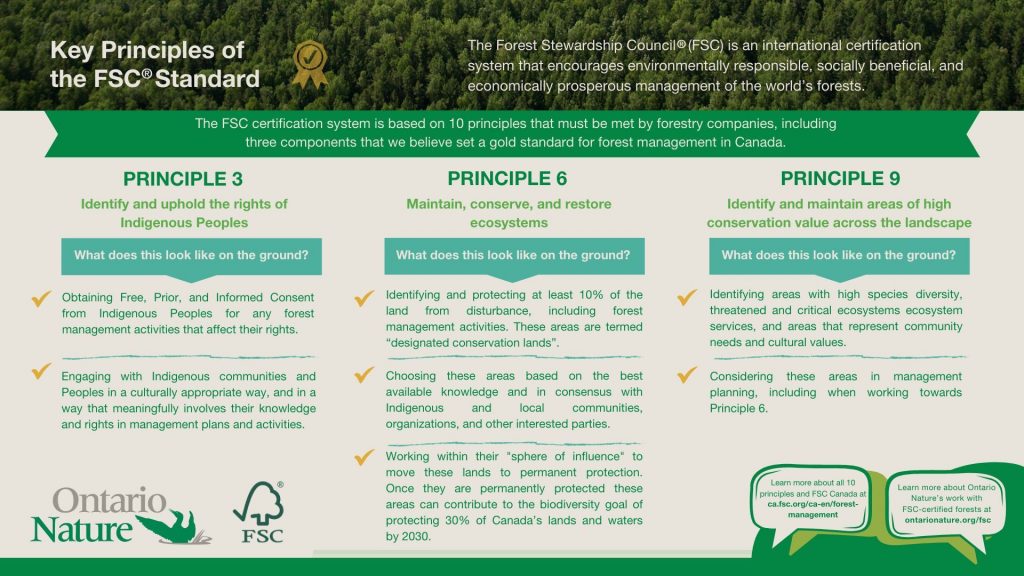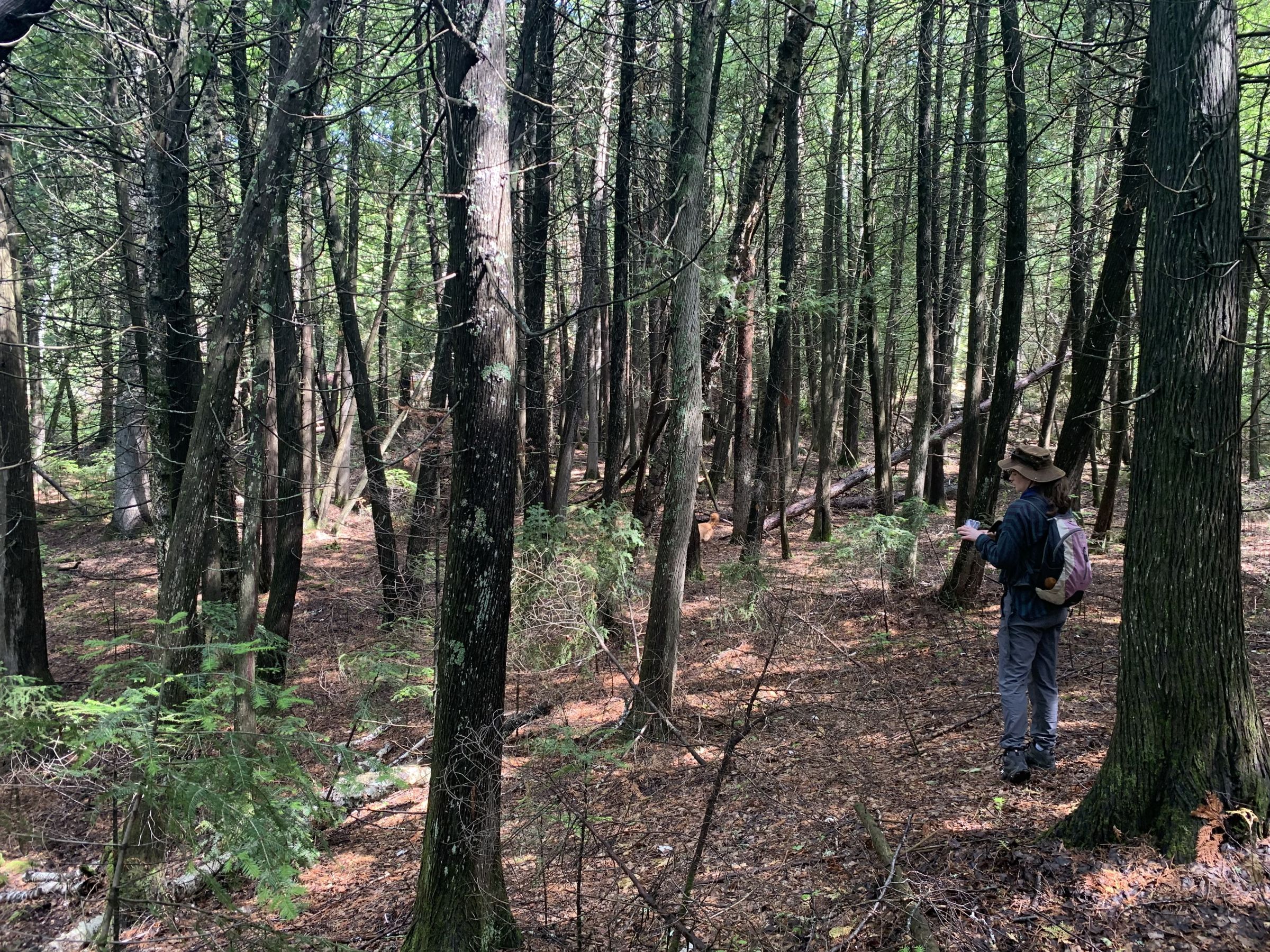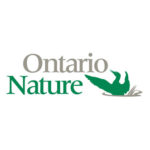Ontario Nature Blog
Receive email alerts about breaking conservation
and environmental news.
© Lora Denis
December 19, 2023–Ontario Nature Staff
Boreal Forest•Land-use planning•Reduce Your Footprint•Stewardship and restoration
Nipissing Forest Tree Mark Selection Cut © Nipissing Forest
Some say we vote for what we believe in through our purchasing decisions. As a longtime member and supporter of the Forest Stewardship Council (FSC), Ontario Nature chooses to voice our support for environmentally sustainable and socially just forest management practices. We’re here to break down what the FSC logo means for forests and the individuals who work and live around them.
FSC is an international certification system that encourages environmentally appropriate, socially beneficial, and economically viable management of the world’s forests. There are 10 key conservation and social principles that must be met by forestry companies.
These principles enshrine values that we stand behind, like upholding Indigenous rights and obtaining free, prior, and informed consent for management activities, and preserving key ecological features and cultural heritage areas.

The people involved in sustainable forestry are as crucial as the standards they abide by. Forest managers involved in FSC are committed to engaging their local communities and stakeholders to include their voices in responsible forest management.
“I am very passionate about nature, and I enjoy spending most of my time in the forest, so I decided to pursue a career in forest management. Sustainable management of our forests is a challenging responsibility and I take pride in the work we do to ensure we have diverse, productive forests for generations to come, and I feel that FSC certification helps to convey that commitment to sustainability.”
– Scott McPherson, general manager of Vermilion Forest Management Company and Nipissing Forest Resource Management
Accountability matters when it comes to sustainability claims. Every year independent auditors assess each FSC-certified forestry operation to check that they are living up to the strict criteria of FSC. Forest managers that fall short risk losing the ability to label their lumber with the FSC logo, which makes it increasingly harder to sell it in a marketplace that demands meaningful commitments to sustainability.
Ontario Nature reviews the progress of companies towards meeting the conservation principles of FSC and submits comments to the auditors. We also sometimes meet with foresters and auditors to see their practices in action.
“Spending time with foresters and auditors on the ground has given me a real appreciation for the commitment to sustainability of everyone involved in FSC”, says Corina Brdar, Ontario Nature’s Conservation Policy and Planning Manager.
Forest managers are also held accountable by the Indigenous communities and local stakeholders they collaborate with to identify and select areas of ecological value. Some of these sites are potential protected areas in waiting so having community buy-in is essential. Ontario Nature contributes our ecological land use planning expertise to these conversations.

“I’ve been able to see the consultation process in action by participating in meetings with forest managers, Indigenous communities, and local organizations. It was really affirming to see how input provided by participants influenced final decisions on forest management plans. It truly was a decision reached by consensus and collaboration”, says Brittney Vezina, Ontario Nature’s Protected Places Project Coordinator.
This holiday season, we encourage you to purchase sustainably sourced gifts, such as FSC-certified products. That way you can be confident of the sustainable forestry practices that were used and be sure of the accountability and community involvement that takes place at every step of the forest management process.
“The story behind a product plays an important factor in determining its value. The presence of the FSC logo tells me a story of environmental and social consciousness alongside community involvement,” says Tarun Titus, Ontario Nature’s Protected Places Intern.
To learn more about the FSC certification system visit FSC Canada’s website. To learn more about Ontario Nature’s work with FSC-certified forests visit our webpage.
This project is funded by the Government of Canada, ECO Canada, the Metcalf Foundation, the Max Bell Foundation, and an anonymous donor.

Gananoque Lake Nature Reserve © Smera Sukumar